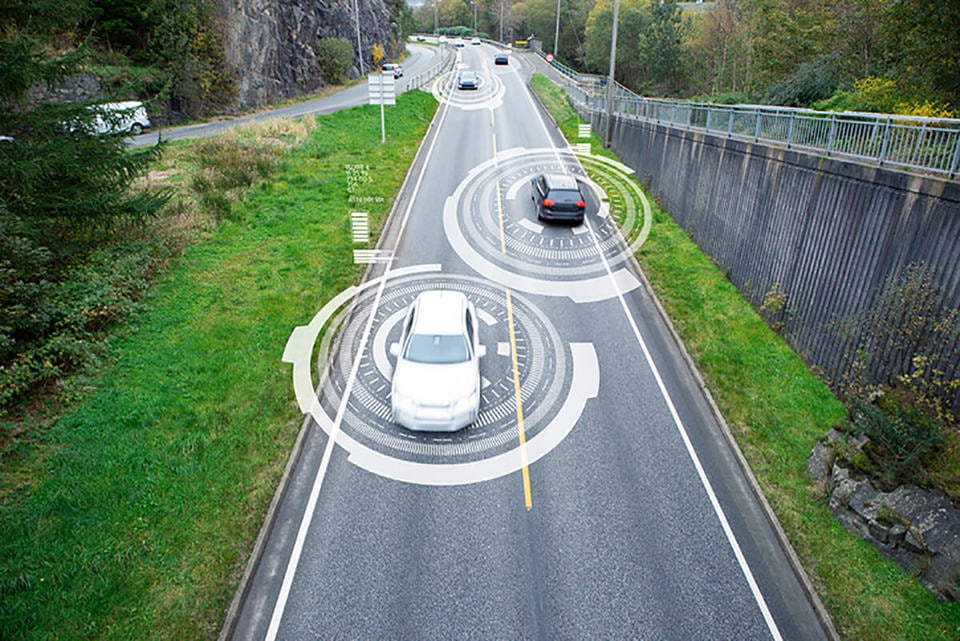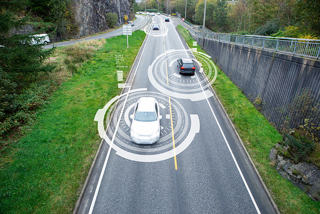Employers are starting to move towards specifying key advanced driver assistance systems (ADAS) devices across their fleets as standard, reports Arval.
It says that there is increasing interest in their potential for improving driver safety, especially following recent reports that the EU was discussing making some ADAS technologies mandatory on new cars from 2020, at around the same time that NCAP will add them to their standard vehicle tests.
Shaun Sadlier, head of consultancy at Arval, said: “Fleet awareness of ADAS technologies has been growing for some time and the more well-established of the devices have started to make their way onto a relatively wide range of new cars.
“We are now in a situation that those with long memories might recall is similar to that seen with steering wheel airbags. Before they became a mandatory item, they gradually grew in popularity and many fleets specified them as a standard fit item for safety reasons.
“In a similar way, some employers today are moving towards a position where they believe the safety benefits of key ADAS devices, weighed against the falling cost of fitting them as an option, means that they should be fitted to all of their new fleet vehicles.”
Sadlier said that the three main devices mentioned by fleets in conversations about standard fit policies were lane departure, distance control and autonomous braking.
“These are all options that have now been around for a few years and are probably familiar to fleets because they appear as standard fit on some popular models,” he said. “They will have gathered some experience of their operational benefits.
“Certainly, when you talk to fleet managers or company car drivers who have used these devices, and believe that they have saved them from potential accidents, they are very much in favour of seeing them become as widespread as possible.
“The cost of fitting ADAS devices to all cars on your fleet has perhaps been prohibitive in the past but there is a feeling among some fleets that, if they are going to be mandated by law quite soon anyway, then they may as well start specifying them.
“Also, as options, these devices have been getting cheaper on an almost annual basis and, for many manufacturers, are even bundled together as part of high-value ‘safety packs.’
“We also expect to see considerable benefits for fleets as a result of the introduction of another EU safety initiative, the eCall system, which automatically contacts emergency services in the event of a crash, as determined by in-car sensors, such as those triggering the vehicle's airbags.”




















Buckets - 16/03/2018 12:25
If drivers get access to disabling automated safety features, some will turn them off. Where a driver habitually drives too close to the car in front, exceeds the speed limit, or violates other safety standards, he will get an annoying alarm from the system. Constant automatic braking will be telling him to change his habits, how many will take the route of disablement?